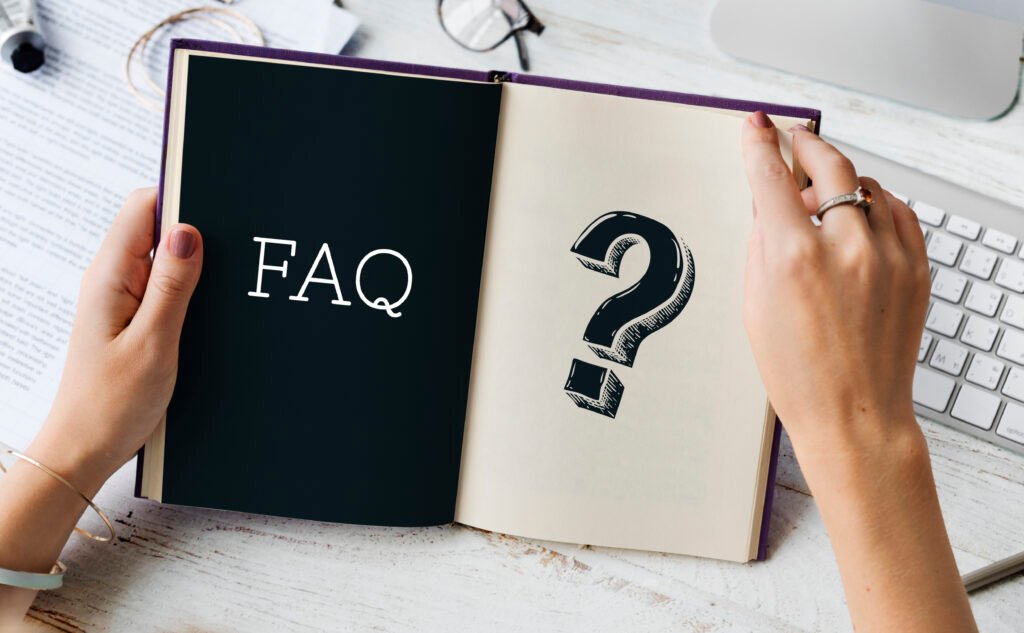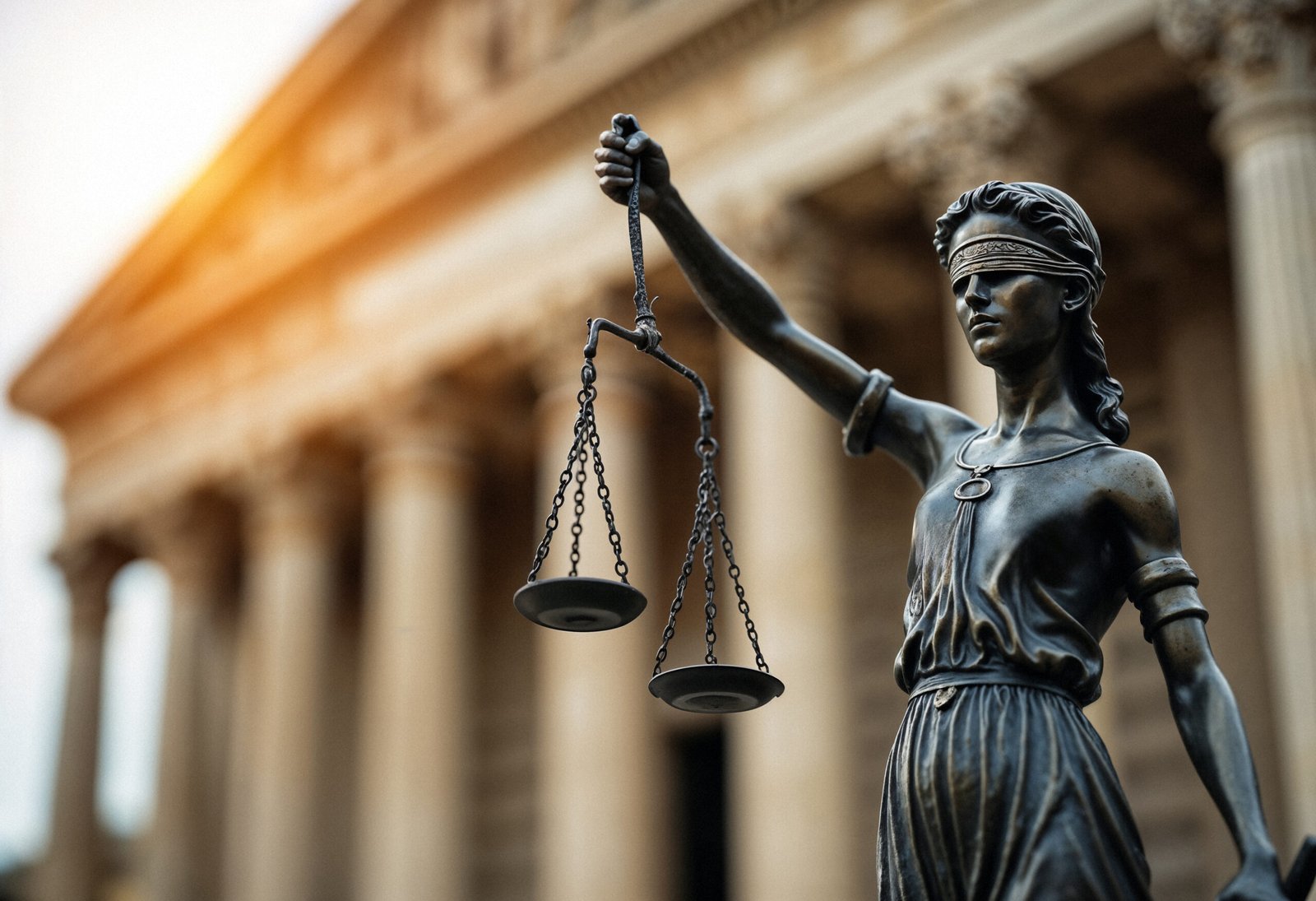Introduction
The Rise of Social Media in Kenya
In Kenya, social media isn’t just a space to catch up with friends or post selfies. It’s where ideas are born, businesses thrive, activism is ignited, and youth culture comes alive. From Twitter trends to TikTok dances, it’s a digital heartbeat of a nation. But that beat may be about to change.
Overview of the Kenya Information and Communications (Amendment) Bill
A new bill currently before Parliament—the Kenya Information and Communications (Amendment) Bill—proposes sweeping changes to how Kenyans use social media. If passed, it will require users to verify their identity using official documents before accessing any platform. And that’s just the beginning.
The Core Provisions of the Bill
Mandatory ID Verification
To sign up for Facebook, Twitter, TikTok, or even LinkedIn, you’ll need to present your national ID. This would apply to both new and existing users, forcing everyone to tie their real-life identity to their online presence.
Mandatory Registration with CAK
If you plan to post content “for public consumption” — think YouTubers, TikTokers, bloggers, and even meme creators — you’ll have to register with the Communications Authority of Kenya (CAK). This means government approval becomes part of the content creation process.
Target Audience: Who Will Be Affected?
From digital entrepreneurs and university students to small business owners and rural content creators, nearly every Kenyan with a digital footprint will feel the impact.
Stated Objectives of the Law
Combating Fake News and Hate Speech
The government says the bill will help fight misinformation, online fraud, and hate speech—challenges that are real and pressing in today’s digital landscape.
Promoting Online Accountability
By linking real names and IDs to online behavior, the bill hopes to discourage cyberbullying, incitement, and illegal activity. But at what cost?
Privacy Concerns

End of Anonymity Online
Anonymity has protected whistleblowers, activists, and citizens in repressive environments. Removing this right opens the door to fear, surveillance, and suppression.
Government Surveillance and Digital Footprints
How Much Data Will Be Collected?
Usernames, phone numbers, email addresses, locations, device data—and now, ID numbers. That’s an ocean of personal information floating around in bureaucratic systems.
Who Has Access to the Data?
The law is vague on safeguards. Without clear protections, access could extend to multiple government agencies, third parties, or even bad actors.
Risk of Abuse and Profiling
Political Targeting and Intimidation
With IDs attached to online comments, critics of the government may find themselves under surveillance, interrogated, or worse. This chills democratic discourse.
Religious, Ethnic, and Social Profiling
Kenya’s complex social fabric could become a minefield, with online behavior analyzed through a lens of bias and stereotypes.
Past Government Data Breaches in Kenya
The Huduma Namba Controversy
This national data collection project promised efficiency but delivered lawsuits, privacy concerns, and confusion. It showed Kenya’s weak grip on personal data security.
IEBC Data Leaks and Electoral Integrity
Election periods have seen sensitive voter data leaked, exposing citizens to manipulation, fraud, and mistrust in the democratic process.
SIM Card Re-registration and Identity Theft
Millions were forced to re-register SIM cards—a process marred by poor transparency and rising cases of stolen identities.
Implications for the Youth
A Threat to Digital Creativity
Imagine needing government approval to start a podcast, share a TikTok, or post a YouTube vlog. That’s what this bill means for creative freedom.
Rising Cost and Barriers for Entry
Content creators, many of whom are hustling from low-income areas, may be unable to afford fees or navigate complex bureaucracy.
Marginalization of Rural and Low-Income Communities
Not everyone has an ID, stable internet, or the digital literacy to register with CAK. This law could sideline the very people who benefit most from online platforms.
Free Expression Under Fire
Fear of Retaliation
When every post can be traced to your government profile, will you still speak your mind?
Decline in Civic Participation
Online platforms have amplified civic action in Kenya—from #OccupyParliament to #EndFemicide. This law may silence that momentum.
The Role of Social Media in Democracy
Digital spaces are today’s town halls. Restricting access is akin to locking the doors on democracy.
Economic Impact
Strain on Content Creators and Influencers
These are the modern hustlers—earning a living by going viral. Government red tape will cut into their growth, reach, and income.
Impact on Digital Startups and SMEs
Startups rely on affordable, unregulated reach. A license requirement adds costs and complexity that many cannot bear.
The Digital Divide
Disadvantaging Vulnerable Populations
The poor, the uneducated, and those in remote areas will be the first to fall through the cracks.
Widening Urban-Rural Inequality
Cities may adjust to new laws faster. Villages, meanwhile, risk digital isolation.
Global Comparisons and Precedents
How Other Countries Are Handling Similar Challenges
Some countries like India and Nigeria have tried similar controls—with mixed results and massive backlash. Internet freedom advocates remain skeptical.
Lessons Kenya Can Learn
The key takeaway? Restrictive laws often do more harm than good. Empowering citizens through education and digital tools is a better path.
The Role of Civil Society and Digital Rights Groups
Current Advocacy and Pushback
Groups like Article 19, Bloggers Association of Kenya (BAKE), and Amnesty International Kenya are actively campaigning against this bill.
Why Citizen Engagement Is Critical
Your voice matters. Public participation can help ensure that any law reflects the real needs and fears of the people.
The Way Forward
Recommendations for Better Digital Policy
- Clear and transparent data protection regulations
- Strong independent oversight authorities
- User education and digital literacy campaigns
- Platform-level moderation support
Importance of Multi-Stakeholder Consultations
Lawmakers must engage with tech experts, civil society, youth groups, and digital entrepreneurs before enacting such sweeping reforms.
Strengthening Data Protection Mechanisms
Kenya must build digital trust through effective cybersecurity and data protection—not through fear and force.
Conclusion
The Kenya Information and Communications (Amendment) Bill could change how we interact online forever. While the intent to fight fake news is noble, the means could do more harm than good.
Kenya stands at a digital crossroads. Will we choose empowerment over enforcement, innovation over intimidation? The future of our online freedoms—and the youth shaping them—hangs in the balance.

FAQs
1. What is the Kenya Information and Communications (Amendment) Bill?
It’s a proposed law that would require Kenyans to use official ID to access social media and register with the CAK to publish public content.
2. Why are people concerned about this bill?
Critics argue it infringes on privacy, restricts free expression, and increases the risk of surveillance and government abuse.
3. Who will be most affected by the bill?
Youth, content creators, small businesses, and marginalized communities without easy access to IDs or digital tools.
4. Has Kenya experienced data breaches in the past?
Yes. Notable incidents include the Huduma Namba data concerns, IEBC leaks, and issues with SIM card re-registration.
5. What can be done instead of passing this law?
Kenya can promote digital literacy, create independent oversight bodies, and work with tech platforms to moderate content more effectively.





